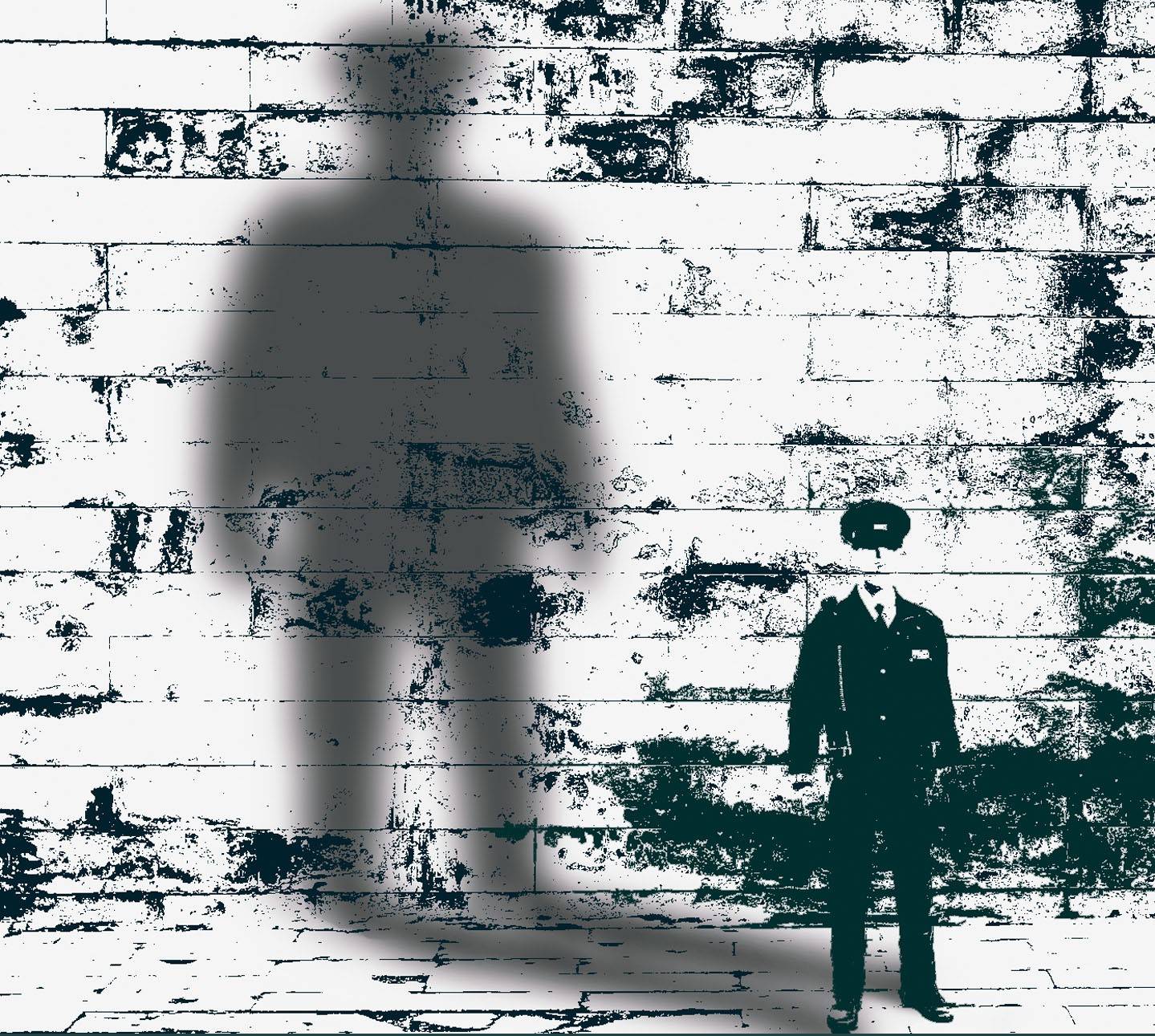
In view of the current environment of accumulated discontent, fair protest, and distrust towards the justice and law enforcement agencies, it is clear that the implementation of fundamental and systematic reforms are needed. Recently, one of the main demands of many protests in Tbilisi and regions were systemic changes and elimination of the problems within the law enforcement agencies.
The changes of the last years in the Ministry of Internal Affairs, the Prosecutor's Office and security sector failed to become the basis for the formation of a law enforcement system that is actually depoliticized, accountable and oriented towards the protection of human rights. There is still a feeling in the society that the risks of influencing on the law enforcement agencies are high, and the facts of excessive use of force, biased investigation, impunity and low accountability of law enforcement agencies remain a challenge.
EMC briefly describes the basic changes that are necessary for the law enforcement agencies and what we mean by systemic reforms.
Reform within the Ministry of Internal Affairs
For the purposes of overcoming the problem of impunity, replacement of repressive police mechanisms and increasing public confidence, it is important:
- To initiate the police decentralization process and increase citizen engagement;
- Strengthen professional police leadership. Reduce the role of the Minister as a political figure in personnel issues and concrete police measures;
- Increase accountability and independence of the General Inspection. Ensure participation of the civil sector in the activities of the General Inspection;
- Reform criminal police department as the largest investigative unit. Separate the functions of investigators and operative officers and establish an investigative unit separately;
- Improve of investigators' qualifications and sensitivity;
- Cancel the outdated law regulating the operative-investigative activities. Transfer individual operative-investigative activities to the Criminal Procedure Code and thus, enforce judicial and prosecutorial controls;
- Uninterrupted recording of each contact with a citizen, including the search, using the body-worn video cameras;
- Recognize the excessive use of force and elaborate internal regulation and policy for prevention;
- Reform of preventative police measures, including the most problematic mechanism - police raid;
Prosecution and Investigation System Reform
For the purpose of depoliticization of the prosecution system, increasing the independence of individual prosecutors and increasing public trust, it is important:
- To change the rule of selecting the Chief Prosecutor according to the constitutional amendments. Candidates should be selected through an open competition, with a qualified majority of the Prosecutor's Council, without the participation of the Minister of Justice and the Governmental Cabinet;
- Participation of political parties should be excluded from the Prosecutor's Council and the Parliament shall elect independent experts in the Council through political consensus;
- The majority of the Prosecutor's Council should be prosecutors. The composition of the Council should maintain a gender balance and a regional representation among prosecutors;
- Reduce the authority of the Chief Prosecutor with regards to human recourses issues and disciplining of the personnel of the Prosecutor’s Office. These functions should be distributed to the collegial body - the Prosecutor's Council;
- Define the effective forms of parliamentary accountability of the Prosecution Service by law;
- Fundamentally change the investigative system:
- The Prosecution Service should only have prosecuting authority;
- The Prosecutor's Office should not have the leverage to influence the investigation;
- It is important to restrict the authority of the Chief Prosecutor and She/he should not reasonably be able to change the investigative jurisdiction. ;
- Increase qualifications and sensitivity of prosecutors;
- Public principles and regulatory documents of criminal policy should be publicized;
Security Sector Reform
Reform of the State Security Service should include the problem of excessive competence, large-scale control, and extreme closure. Reform should create mechanisms for real accountability. For this purpose, it is necessary to:
- Reform of the process of the appointment and dismissal of the Head of Security Service;
- Restrict the surplus competence of security service. The SSG should be deprived of criminal offense investigation (including investigating corruption crimes), detention of persons and other legal functions incompatible with its nature;
- Cancel the existing model of secret surveillance, which gives the Security Service an unlimited opportunity to access private communications. Establish a reasonable regime of exchange of information between law enforcement agencies;
- Establish a real parliamentary mechanism for the control of the SSG;
- To increase the judicial control over the activities of SSG and within the counterintelligence activities, to only allow interference in private life by court permission.
Other Important Reforms
In parallel to institutional reforms in different bodies, it is necessary to:
- Create a truly independent mechanism for responding to offenses committed by law enforcement officers;
- Change outdated and unconstitutional legislation in the field of administrative detention and administrative offenses;
- Finalize repressive drug policy and develop a care-oriented state policy;
- Ensure real adversarial system in the investigation process.

